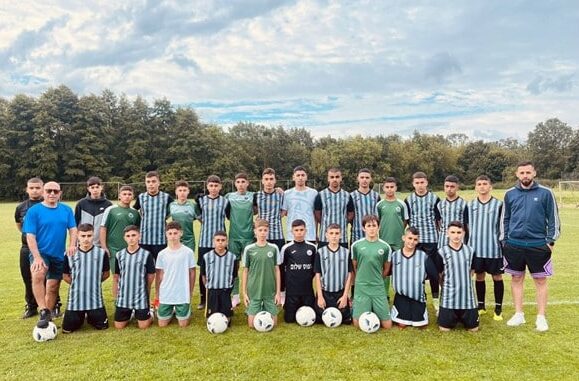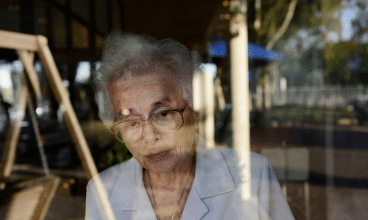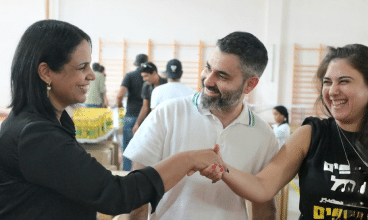More exchange and more courage: Report of the first Network Meet Up in Berlin
Since the terrorist attacks of October 7, 2023, Israel’s democratic civil society has achieved remarkable things. On the occasion of the Shimon Peres Prize award ceremony, Network Israel invited Israeli and German organisations to come together for an exchange.
At the first Meet-Up on October 31, 2024, 14 German and Israeli NGOs and youth organizations came together. They shared insights into the challenges they have faced in their work since October 7, 2023 – whether in supporting Holocaust survivors, working with youth and young adults, facilitating youth exchanges, supporting people with disabilities, and much more. Beyond the practical difficulties resulting from the ongoing war, the rise in antisemitism and racism is further complicating the work and the German-Israeli exchange. All the more important, then, is to stay in dialogue, to share resources and strategies within the network, and to face difficult discussions with courage – that was the unanimous conclusion of the exchange. The Meet-Up is intended to be just the starting point for continued exchange.
How has your work changed since October 7, 2023?
The terrorist attacks of October 7, 2023, the ongoing war, and the resulting shifts in public discourse have affected the work of all partner organizations within the Network. At the Meet-Up, Israeli youth organisations such as Tzofim and HaShomer HaTzair shared how, in the weeks following the attacks on Israel, they provided support to internally displaced people and survivors of the terror – and how they continue to support them one year on. Young members of the organizations were also directly affected, some lost family members, others were evacuated.
SAHI – recipients of the Shimon Peres Prize Special Award 2024 – spoke about their work with evacuated youth in various cities across Israel. These young people themselves have experienced violence or lost family members and friends in the terrorist attacks. In the first weeks after the Hamas attacks, these young people were torn from their familiar surroundings and daily routines. Many felt isolated and hopeless. In November 2023, SAHI launched a program that engaged these young people in distributing aid packages to those in need – offering them a sense of purpose and belonging within their community.
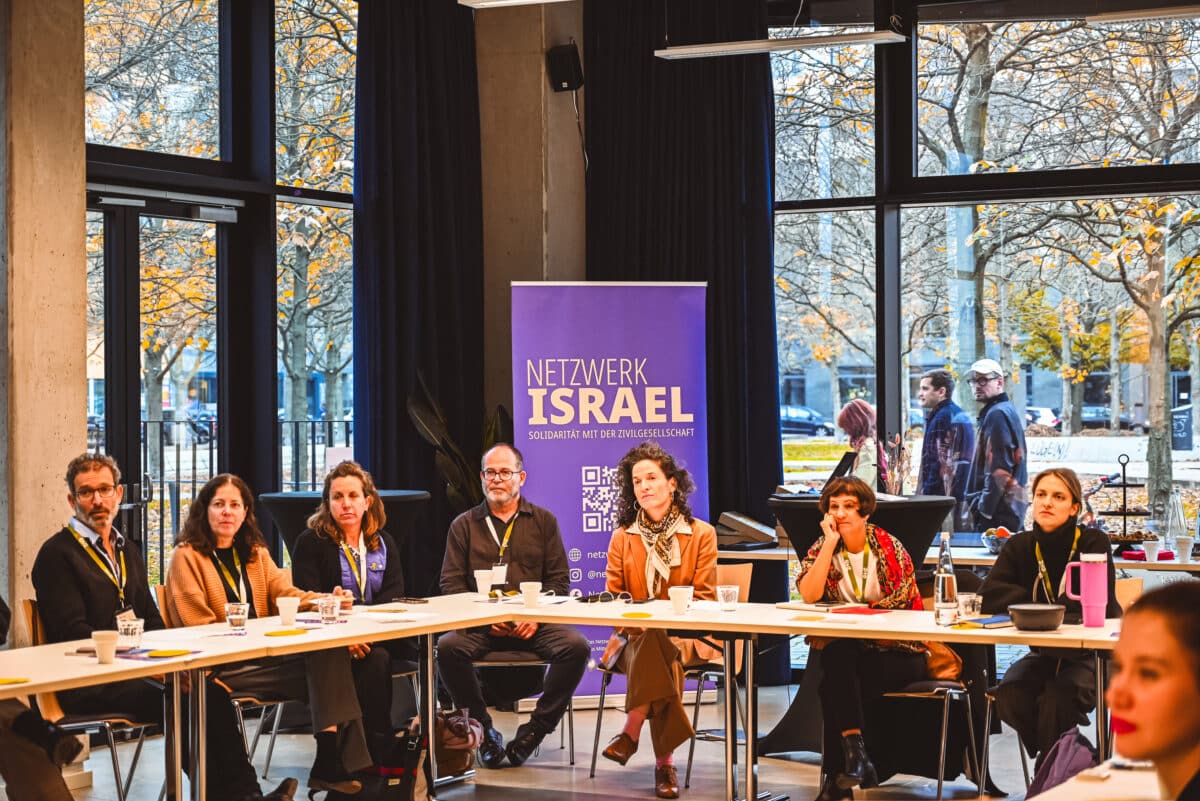
What are the current challenges of german-israeli exchange?
Due to the ongoing hostilities, German-Israeli exchange programs often cannot take place, if only because flights are frequently canceled on short notice or have become very expensive. Opportunities for digital exchange are already being used, but they have received limited response, likely due to a certain “Zoom fatigue” that has set in since the end of the Covid pandemic. There is an urgent need for new formats to maintain existing German-Israeli exchange relationships and to develop new ones.
Furthermore the rise in anti-Israeli resentment, antisemitism, and racism complicates the work of both Israeli and German participants. Israeli organizations reported that they are met with little understanding and in some cases even exclusion within international umbrella organizations. There is often a lack of sensitivity to the needs of Israeli organizations or to the safety concerns of Israeli or Jewish participants. German participants pointed out that, on the one hand, antisemitism and racism have become more visible, while on the other hand, challenging discussions in schools, public forums and institutions are often avoided or teachers feel overwhelmed. This particularly affects Jewish organizations in Germany, but also others working in this field.
As a consequence, there is a need for greater courage to allow for complex and multi-perspective discussions. Efforts to combat antisemitism must be intensified and closely linked to fighting against other forms of discrimination. Exchange programs must become more inclusive, and the work must be supported and developed in a more sustainable way.
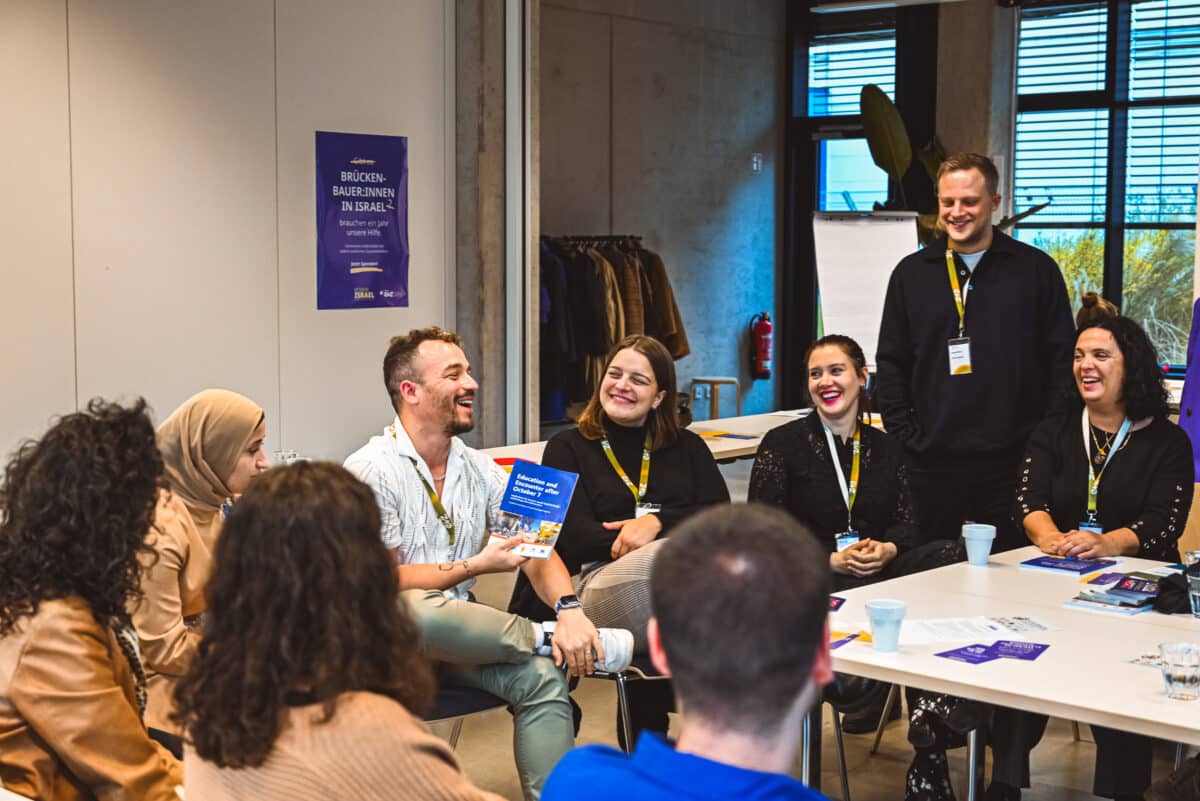
What resources and approaches are available to address these challenges? What kinds of collaboration are continuing in spite of the difficulties?
Following October 7, 2023, the Network partner organization ConAct – Coordination Center for German-Israeli Youth Exchange – developed a toolkit as part of the “We are connected” initiative. The toolkit is designed to support German-Israeli youth exchange programs in addressing and contextualizing the terrorist attacks and the war.
More information about the initiative and the toolkit – available in both German and English – can be found here.
Two outstanding examples of successful German-Israeli cooperation are PowHER by Tzofim Olami and Ludwig Volker e.V. as well as LinkBridge by Lotem and Capito Mecklenburg Vorpommern e.V.. The German-Israeli cooperation project PowHer brought together young women from Berlin, Tel Aviv, Jerusalem, and Deir al-Asad in Galilee to create a space for exchange and empowerment.
LinkBridge is a German-Israeli inclusion project that supported people with disabilities in Germany and Israel in making sense of the distressing situation following October 7. to make sense of. First of all, current news from Israel were prepared in easy read language and made publicly available on YouTube. Afterwards, participants channeled their thoughts and emotions into artworks as part of a guided process.
Both projects were presented at the Meet-Up and were awarded the 2024 Shimon Peres Prize in the evening. The Shimon Peres Prize is a joint initiative of the German-Israeli Future Forum Foundation and the Federal Foreign Office of Germany. You can find more information about the prize here.
Network Israel thanks all participants and will continue to serve as a platform supporting Israeli civil society. If you want to be part of the next Meet-Up, please reach out to us.
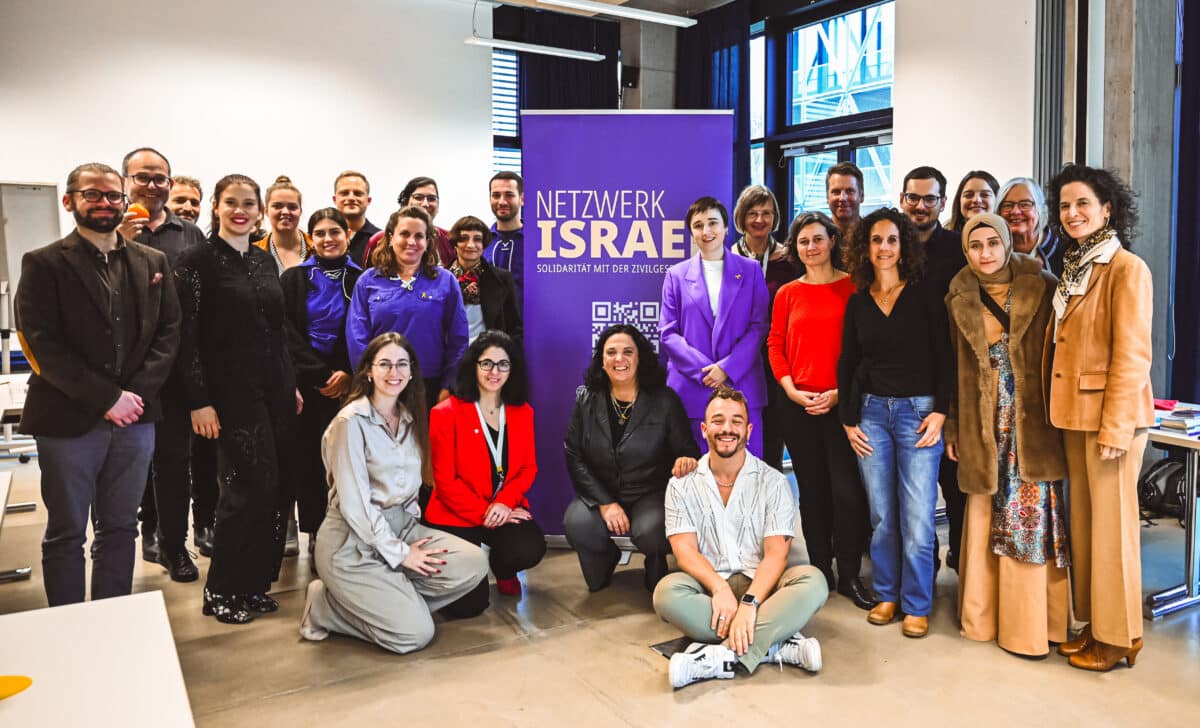
Where you can provide support
